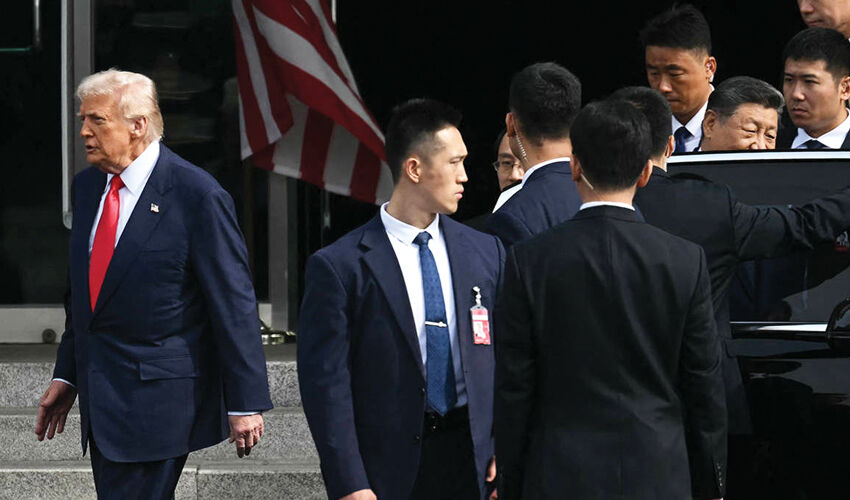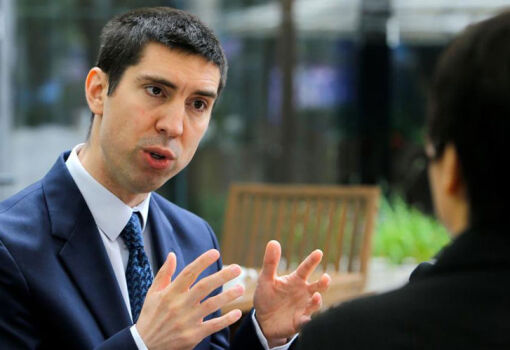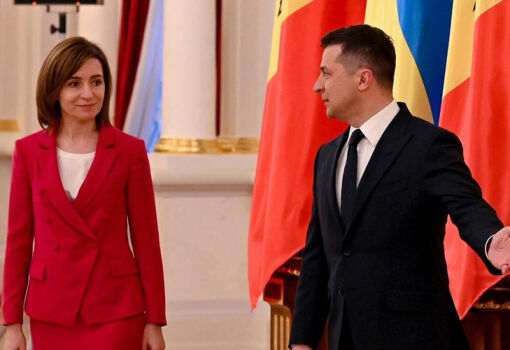
Yes, there have been valuable accomplishments. Trump’s meetings in Japan (arguably now a crucial U.S. ally because of that country’s economic and military strength and its critical role as a counterweight to a stronger and more assertive China) went as well as one could have hoped, or better. The Trump administration’s foreign policy has a hallmark of being tough on friends and allies, but the start of the relationship between Trump and Sanae Takaichi, Japan’s first female prime minister in history, has been excellent.
With South Korea, America has also improved economic relations. Clearly, U.S. allies in Asia (as well as Europe) have learned how to better perform complex diplomatic dances with Trump. Flattery, gifts and fanfare, complemented by increased defense spending and investment in the U.S., are all a recipe for a successful visit.
The positive tone of these meetings provided a good backdrop for the bilateral meeting between Trump and Chinese President Xi Jinping. The meeting resulted in something of a truce in the trade war between the U.S. and China, although the underlying economic tensions have not been resolved, nor have the growing geopolitical tensions between the world’s two economically largest countries.
China will moderately resume purchases of U.S. soybeans and has promised to limit exports of chemicals used in the production of fentanyl. In addition, export restrictions on rare earth minerals will be postponed for a year.
The US, in turn, will reduce the general duty on Chinese goods from 57% to 47%. The deal with social network TikTok seems to be close to the finish line. New export control measures (restricting shipments of advanced U.S. technology to China) have clearly been postponed.
But a truce is not an eternal peace. Trade problems can (and probably will) arise again, as recently happened between the U.S. and Canada: Trump was angered by an Ontario government commercial quoting Ronald Reagan criticizing duties. In addition, the production chains of many U.S. firms depend on access to Chinese minerals and components, so China retains important leverage over America that can be used in the event of a crisis.
Perhaps even more importantly, what did not emerge from the Trump-Xi meeting was a comprehensive rationale for a new era in US-China relations, addressing not only trade and investment but also geopolitical differences. And so it is not surprising that the talks ended without a common understanding on the issue of Taiwan, while China’s purchases of Russian energy and its support for Russia’s military will continue. While these issues will certainly be raised (and even dominate) during Trump’s announced visit to China in April 2026, progress is far from guaranteed.
There is a noticeable sense of relief in the region about some stabilization in U.S.-China economic relations, as no one wants a forced choice between the two great powers. For many, China is a major trading partner and a military power to be reckoned with. At the same time, the security and economic well-being of many countries in the Indo-Pacific region depend on the US.
However, not everything went smoothly during Trump’s trip to the region. There has been a reversal for the worse in US relations with Vietnam, as with India. China has the most to gain from this distancing between the US and countries that could complicate its military plans. Overall, however, America has hurt its position in many countries in the region by refusing to join a major regional trade pact (the “Comprehensive and Progressive Agreement for Trans-Pacific Partnership”) and by Trump’s freewheeling handling of duties.
Many are uncomfortable with events inside the US. As the suspension of federal government agencies (“shutdown”) shows, the country is so divided that it can no longer function effectively. This assessment has been heard before due to the authorities’ inability to deal with the country’s growing debt. In addition, severe restrictions on immigration, cuts in federal funding for scientific research and attacks on universities have called into question the long-term competitiveness and reliability of the United States.
But most worrisome are trends in U.S. foreign policy. America’s inconsistency in supporting Ukraine and softness toward Russia has raised fears that it will choose the same approaches toward Taiwan (and the South China Sea) and China.
Nor can America’s friends and allies in Asia make sense of U.S. military actions off the coast of Venezuela (which seem designed to topple the regime of Nicolas Maduro), the Trump administration’s deployment of the National Guard to U.S. cities, and pressure on the government of Panama to cede control of the Panama Canal. The announced plans to reduce the number of U.S. troops in Europe reinforce the impression of a transitional phase in U.S. foreign policy.
Richard Haass,
president emeritus of the Council on Foreign Relations, senior advisor
at Centerview Partners, Distinguished Scholar at New York University,
author of the weekly “Home & Away“ sub-stacknewsletter.
© Project Syndicate, 2025.
www.project-syndicate.org



